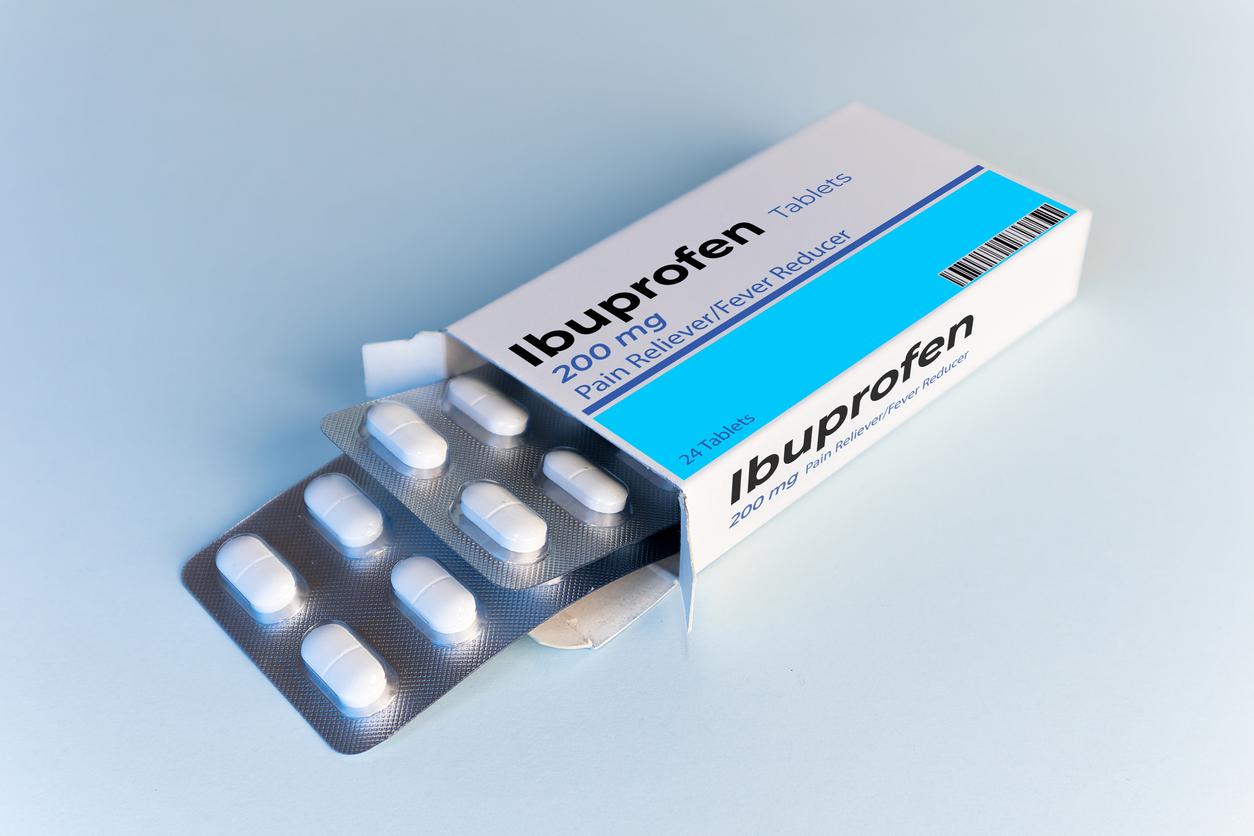American researchers have discovered a surprising link between the use of antacids and the risk of throbbing and most often one-sided headache.

- Antacid medications (proton pump inhibitors, histamine H2 receptor antagonists, and antacid supplements) are prescribed to relieve gastroesophageal reflux disease (GERD) or heartburn. stomach.
- People taking these treatments may be more likely to suffer from migraines.
- Compared to adults who did not use them, the use of proton pump inhibitors increased the risk of throbbing headache by 70%.
After drinking alcohol or eating spicy or fatty foods, some people take antacid medications. These contain substances that will reduce stomach acidity and thus relieve problems with gastroesophageal reflux disease (GERD) or heartburn. Problem: there would be an association between these treatments and the risk of suffering from a migraine. This was recently revealed by scientists at the University of Maryland in College Park (United States).
Antacid use associated with higher risk of migraine
In order to reach this conclusion, they carried out a study published in the journal Neurology Clinical Practice. For the research, the team examined data from 11,818 adults who provided information on the use of prescription antacid medications and whether they had suffered from migraines or severe headaches in the past three years. last months. The treatments considered were proton pump inhibitors, such as omeprazole and esomeprazole, histamine H2 receptor antagonists, or H2 blockers, such as cimetidine and famotidine, and dietary supplements. based on antacids. “Dietary magnesium intake was determined using an interview,” she clarified.
The results showed that 25% of participants taking proton pump inhibitors experienced migraines or severe headaches, compared to 19% of those not taking the drugs. In total, 25% of volunteers taking H2 blockers had throbbing, unilateral headaches, compared to 20% of those not using them. Finally, 22% of people using antacid-based food supplements suffered from severe headaches, compared to 20% of adults not taking antacids.
Migraine: Patients taking antacids ‘should discuss with their doctor whether to continue’
After accounting for other factors that may influence migraine risk, such as age, gender, and caffeine and alcohol consumption, the authors found that patients taking pump inhibitors proton pump inhibitors were 70% more likely to have migraine than participants not taking proton pump inhibitors. Volunteers taking H2 blockers had a 40% higher risk and those taking antacid supplements had a 30% higher risk.
In the conclusions, the researchers specified that their study did not prove that antacid drugs caused migraines. “It only shows an association. (…) People with migraines or severe headaches who take these treatments or dietary supplements should discuss with their doctor whether they should continue.”


















